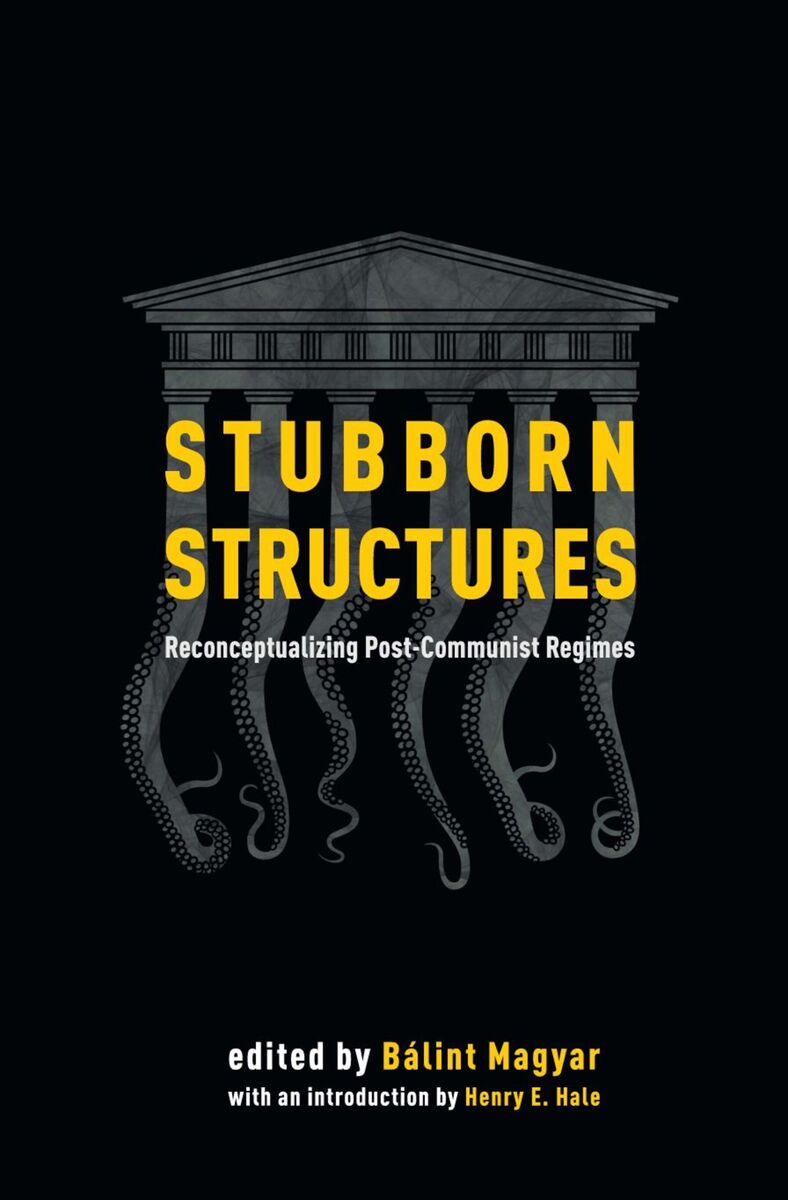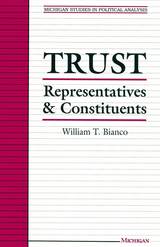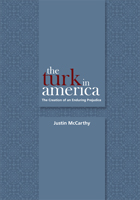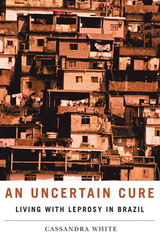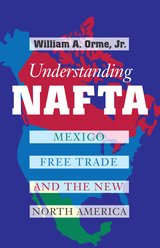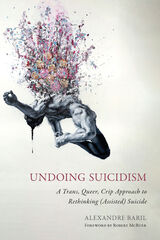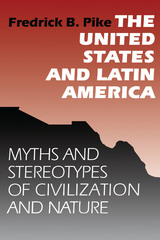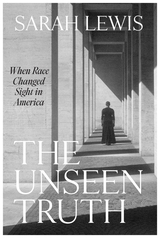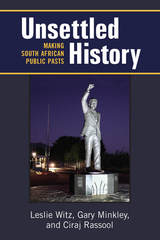Stubborn Structures: Reconceptualizing Post-Communist Regimes
Central European University Press, 2019
Paper: 978-963-386-214-8 | eISBN: 978-963-386-215-5 (PDF)
See other books on: Democracy | Hale, Henry E. | Magyar, Bálint | Political Economy | Political Ideologies
See other titles from Central European University Press
Paper: 978-963-386-214-8 | eISBN: 978-963-386-215-5 (PDF)
ABOUT THIS BOOK | AUTHOR BIOGRAPHY | REVIEWS | TOC
ABOUT THIS BOOK
The editor of this book has brought together contributions designed to capture the essence of post-communist politics in East-Central Europe and Eurasia. Rather than on the surface structures of nominal democracies, the nineteen essays focus on the informal, often intentionally hidden, disguised and illicit understandings and arrangements that penetrate formal institutions. These phenomena often escape even the best-trained outside observers, familiar with the concepts of established democracies. Contributors to this book share the view that understanding post-communist politics is best served by a framework that builds from the ground up, proceeding from a fundamental social context. The book aims at facilitating a lexical convergence; in the absence of a robust vocabulary for describing and discussing these often highly complex informal phenomena, the authors wish to advance a new terminology of post-communist regimes. Instead of a finite dictionary, a kind of conceptual cornucopia is offered. The resulting variety reflects a larger harmony of purpose that can significantly expand the understanding the “real politics” of post-communist regimes. Countries analyzed from a variety of aspects, comparatively or as single case studies, include Azerbaijan, Belarus, Georgia, Hungary, Kyrgyzstan, Moldova, Poland, Romania, Russia, and Ukraine.
See other books on: Democracy | Hale, Henry E. | Magyar, Bálint | Political Economy | Political Ideologies
See other titles from Central European University Press
